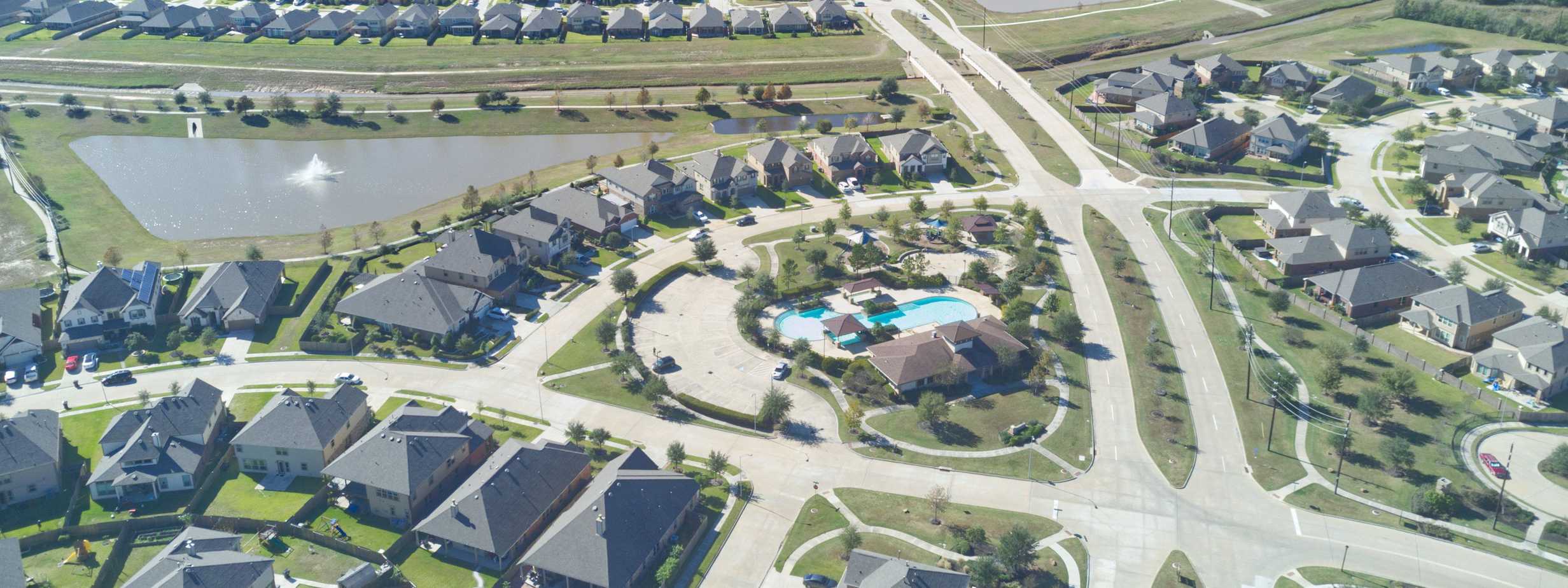Disposable items labeled as “flushable” such as “flushable wipes”, wet wipes, sanitary napkins, and/or paper towels cannot be flushed down the toilet safely. When these items are flushed down toilets into the sanitary sewer system, they contribute to many sewer blockages in the wastewater infrastructure. This leads to frequent and expensive repairs, which ultimately raise water bills for district residents.
Branded companies will lead a person to believe numerous items are flushable, particularly stating so on the packaging. Wet wipes or flushable wipes claiming “safe for flushing” can still cause serious damage to your home’s plumbing even before reaching the District facilities. Once beyond your home’s plumbing, wipes and paper towels can get caught in lift stations and solid waste grinders intended to break down large waste and push it to the wastewater treatment plant.
Should the wipes make it to the sewage treatment plant, the facilities could be overworked trying to process solid waste that does not break down in transit or at lift stations. The result of flushing these products could mean major wastewater treatment issues and impacts to the machinery processing inbound waste. The accumulation of these “flushable items” hinders the productivity of the plant result in a cost for removal and machinery repairs ranging into thousands of dollars to the District, cost which is ultimately funded by taxpayers. By flushing any products other than toilet paper, we can not only create inconveniences in services but also incur very costly repairs.
Please avoid flushing wipes and other non-biodegradable items such as tissues, paper towels, or “flushable wipes”. If you do decide to use these products, consider throwing them in the trash or taking them to a Household Hazardous Waste (HHW) facility in your area. By following these recommendations, residents can help minimize the cost and environmental impact of clogged sewer systems.
Below, please review the video produced by the Association of Water Board Directors (AWBD) here in Texas, which addresses this very topic:
Your neighbors might not know this information! Share this to social media using the share links above. You can link it directly to Facebook or X/Twitter, or click the “copy link” button to share to Nextdoor or via text!
